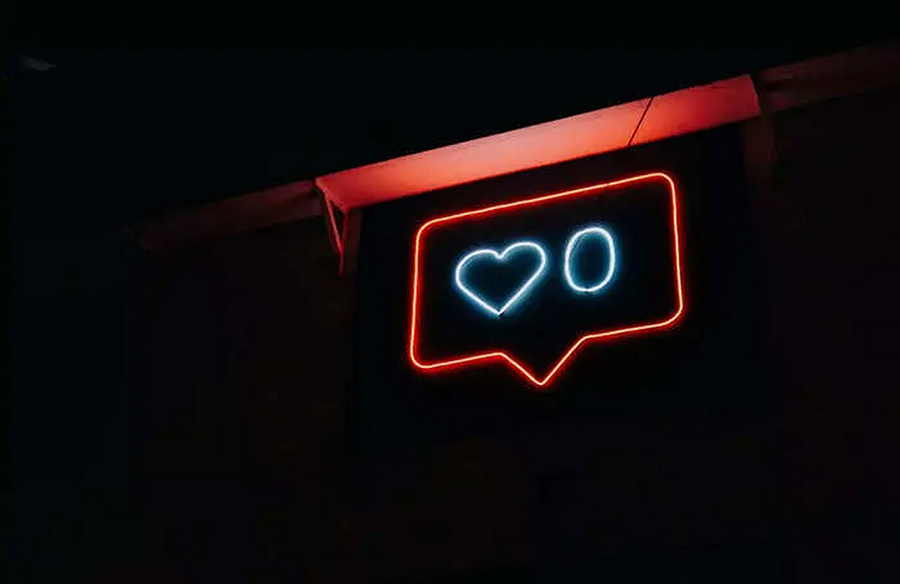A recent study suggests that the use of social media platforms like Snapchat, Facebook, and TikTok may contribute to an increased risk of experiencing depressive symptoms in adults.
Research Details
Conducted by researchers including Roy H. Perlis from Harvard Medical School in Boston, the study involved analyzing data from 13 waves of a non-probability internet survey conducted monthly between May 2020 and May 2021 among adults aged 18 years and older in the US. The data was analyzed in July and August 2021.
Study Methodology
Logistic regression was applied to examine the association between social media use and depressive symptoms, with a focus on platforms such as Facebook, Instagram, LinkedIn, Pinterest, TikTok, Twitter, Snapchat, and YouTube. Participants were asked about their social media usage patterns, consumption of Covid-19 related news, available social support systems, and recent face-to-face interactions.
Key Findings
The study revealed that individuals with minimal depressive symptoms initially, but who reported using Snapchat, Facebook, or TikTok, were more likely to report increased levels of depressive symptoms in subsequent surveys. The association between social media use and depressive symptoms persisted even after adjusting for sociodemographic factors and news sources.
Implications
These findings suggest a potential link between social media usage and worsening depressive symptoms in adults. Understanding these associations can help inform interventions and strategies to mitigate the negative impact of excessive social media use on mental health.











